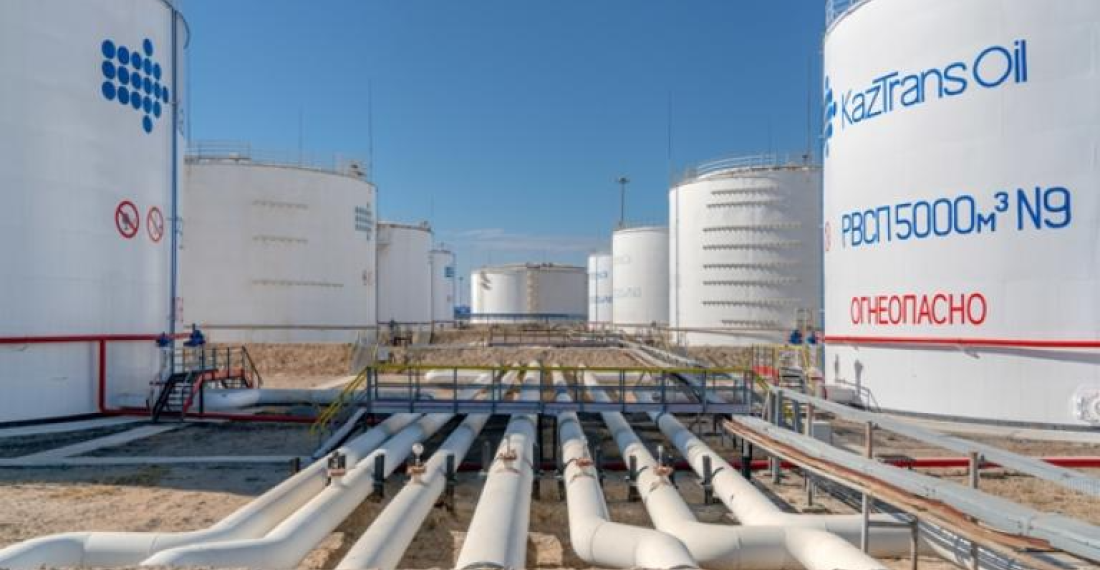The KazTransOil main oil pipelines started receiving Kazakh oil for transportation to Germany on 23 February.
According to the oil supply schedule approved by the Kazakh Energy Ministry, KazTransOil will transport 20,000 tons of Kazakh oil in February via the Druzhba oil pipeline to the Adamowo-Zastawa oil delivery point in Poland for further shipment to Germany. It is part of a broader plan to deliver 300,000 tons of oil to Germany in the first quarter of 2023.
The first batch of 20,000 tons was initially planned to be shipped in late January, but was suspended due to technical difficulties.
In December 2022, KazTransOil sent an application for the transportation of 1.2 million tons of Kazakh oil in 2023 through the trunk oil pipeline system of Russia’s state-owned pipeline operator Transneft to the Adamovo-Zastawa point for further delivery to Germany.
The transit of oil across Russia is envisioned by the Kazakh-Russian intergovernmental agreement signed on June 7, 2022.







